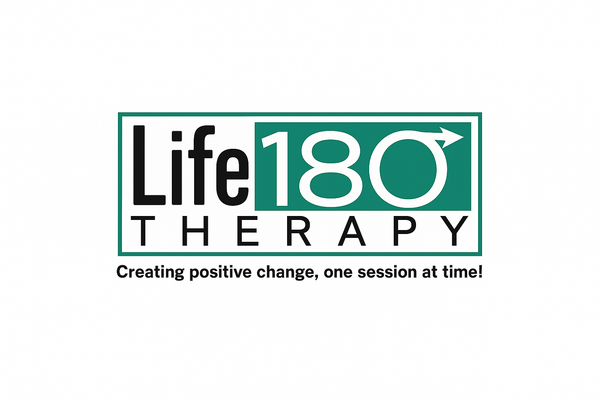PTSD, or Post-Traumatic Stress Disorder, is a mental health condition that can develop after experiencing or witnessing a traumatic event. While stress management therapy or stress counseling can be part of the treatment plan for PTSD, it's essential to clarify that PTSD treatment encompasses various approaches beyond just stress management. Here's an overview of benefits, expectations, common causes, and treatments associated with trauma therapy, including PTSD treatment:
Benefits of Trauma Therapy:
- Symptom Reduction: Trauma therapy aims to alleviate symptoms associated with PTSD, such as intrusive thoughts, flashbacks, nightmares, and hyperarousal.
- Improved Coping Skills: Individuals learn healthy coping mechanisms to manage stress, triggers, and emotional reactions.
- Enhanced Quality of Life: Effective trauma therapy can lead to improved relationships, increased self-esteem, and overall better functioning in daily life.
- Emotional Regulation: Therapy helps individuals regulate intense emotions, reducing feelings of anxiety, anger, or numbness.
- Increased Self-awareness: Through therapy, individuals gain insights into their thoughts, feelings, and behaviors related to trauma, facilitating personal growth and resilience.
Expectations of Trauma Therapy:
- Safe Environment: Therapy sessions provide a safe and confidential space for individuals to explore and process traumatic experiences without judgment.
- Collaborative Approach: Therapy is a collaborative process between the individual and the therapist, working together to address specific goals and concerns.
- Emotional Intensity: Therapy may involve revisiting distressing memories or emotions, which can be challenging but ultimately leads to healing.
- Progress Takes Time: Healing from trauma is a gradual process, and improvement may not happen overnight. Consistency and patience are key.
Common Causes of Trauma:
- Combat or Warfare: Military combat experiences can lead to PTSD in soldiers and veterans.
- Physical or Sexual Assault: Survivors of assault, abuse, or violence often experience PTSD symptoms.
- Natural Disasters: Trauma can result from experiencing or witnessing natural disasters like earthquakes, hurricanes, or floods.
- Accidents or Injuries: Serious accidents, injuries, or medical emergencies can also trigger PTSD.
Treatments for PTSD and Trauma:
- Cognitive Behavioral Therapy (CBT): CBT helps individuals identify and change negative thought patterns and behaviors related to trauma.
- Eye Movement Desensitization and Reprocessing (EMDR): EMDR involves guided eye movements while recalling traumatic memories to process and reduce their emotional impact.
- Exposure Therapy: This involves gradually exposing individuals to traumatic memories or situations in a safe environment to reduce fear and avoidance.
- Medication: Antidepressants, anti-anxiety medications, or other psychiatric medications may be prescribed to manage PTSD symptoms.
- Mindfulness and Relaxation Techniques: Practices like meditation, deep breathing, and progressive muscle relaxation can help individuals manage stress and anxiety.
- Group Therapy and Support Groups: Sharing experiences with others who have gone through similar trauma can provide validation, support, and a sense of community.
- Holistic Approaches: Some individuals find relief through complementary therapies such as yoga, acupuncture, or art therapy, which can complement traditional treatment methods.
Overall, trauma therapy aims to empower individuals to heal from past experiences, regain a sense of control, and build resilience for the future. It's crucial for individuals experiencing PTSD or trauma-related symptoms to seek professional help from qualified mental health professionals.
